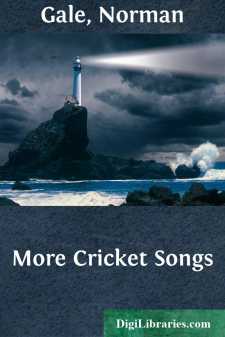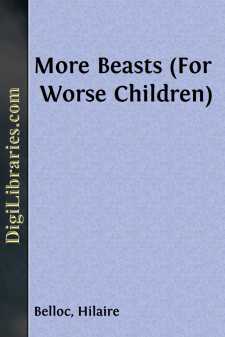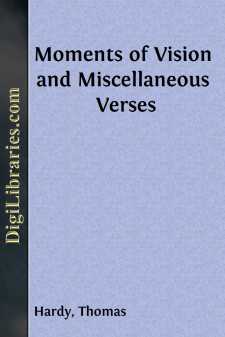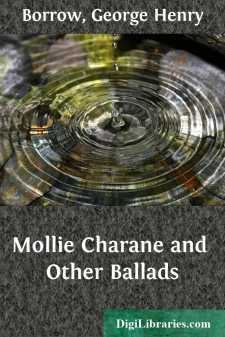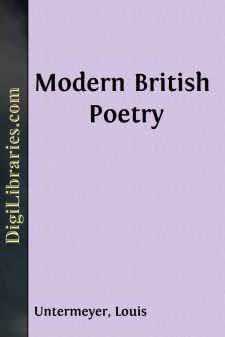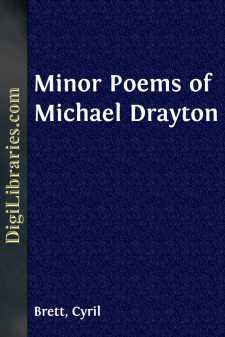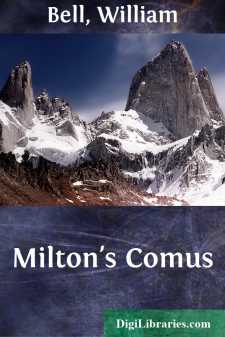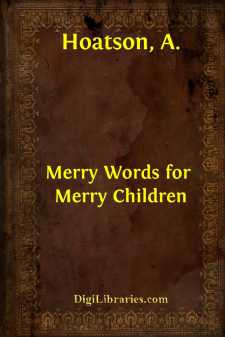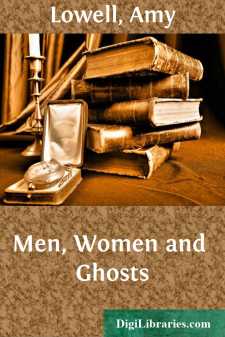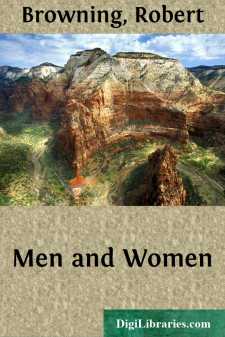Poetry Books
Sort by:
by:
Norman Gale
OILING. (A Song In and Out of Season.) Excuse me, Sweetheart, if I smear,With wisdom learnt from ancient teachers,Now winter time once more is here,This grease upon your lengthy features!Behaving thus, your loyal friendNo whit encourages deception:Believe me, Fairest, in the endThis oil will better your complexion.Fairest, believe! Did you imagine in the bagTo sleep the sleep of Rip Van Winkle,Removed...
more...
by:
Hilaire Belloc
INTRODUCTIONThe parents of the learned child(His father and his mother)Were utterly aghast to noteThe facts he would at random quoteOn creatures curious, rare and wild;And wondering, asked each other:"An idle little child like this,How is it that he knowsWhat years of close analysisAre powerless to disclose? Our brains are trained, our books are big,And yet we always failTo answer why the...
more...
by:
Thomas Hardy
AN UPBRAIDING Now I am dead you sing to me The songs we used to know,But while I lived you had no wish Or care for doing so. Now I am dead you come to me In the moonlight, comfortless;Ah, what would I have given alive To win such tenderness! When you are dead, and stand to me Not differenced, as now,But like again, will you be cold As when we lived, or how? "These...
more...
MOLLIE CHARANE “O, Mollie Charane, where got you your gold?” Lone, lone you have left me here.“O not in the curragh, deep under the mould.” Lone, lone, and void of cheer. “O, Mollie Charane, where got you your stock?” Lone, lone you have left me here.“O not in the curragh from under a block.” Lone, lone, and void of cheer. “O, Mollie Charane, where got you your...
more...
by:
Louis Untermeyer
INTRODUCTORY The New Influences and Tendencies Mere statistics are untrustworthy; dates are even less dependable. But, to avoid hairsplitting, what we call "modern" English literature may be said to date from about 1885. A few writers who are decidedly "of the period" are, as a matter of strict chronology, somewhat earlier. But the chief tendencies may be divided into seven periods....
more...
by:
Cyril Brett
INTRODUCTION Michael Drayton was born in 1563, at Hartshill, near Atherstone, in Warwickshire, where a cottage, said to have been his, is still shown. He early became a page to Sir Henry Goodere, at Polesworth Hall: his own words give the best picture of his early years here. His education would seem to have been good, but ordinary; and it is very doubtful if he ever went to a university. Besides the...
more...
by:
William Bell
INTRODUCTION. Few poems have been more variously designated than Comus. Milton himself describes it simply as “A Mask”; by others it has been criticised and estimated as a lyrical drama, a drama in the epic style, a lyric poem in the form of a play, a phantasy, an allegory, a philosophical poem, a suite of speeches or majestic soliloquies, and even a didactic poem. Such variety in the description...
more...
by:
A. Hoatson
JIM was a boy who was fond of clowns,And thought they were excellent fun;He talked so much of them and their ways,That one night he dreamed he was one. He dreamed he was feeding five fat geeseOn boiled slate-pencils and rice:He said it was wholesome food for geese,But they said, “More wholesome than nice.” HE dreamed that he set two geese to dance,While he took a fiddle and played.He said, “You...
more...
by:
Amy Lowell
This is a book of stories. For that reason I have excluded all purely lyrical poems. But the word "stories" has been stretched to its fullest application. It includes both narrative poems, properly so called; tales divided into scenes; and a few pieces of less obvious story-telling import in which one might say that the dramatis personae are air, clouds, trees, houses, streets, and such like...
more...
by:
Robert Browning
INTRODUCTION Thirteen years after the publication, in 1855, of the Poems, in two volumes, entitled "Men and Women," Browning reviewed his work and made an interesting reclassification of it. He separated the simpler pieces of a lyric or epic cast—such rhymed presentations of an emotional moment, for example, as "Mesmerism" and "A Woman's Last Word," or the picturesque...
more...


